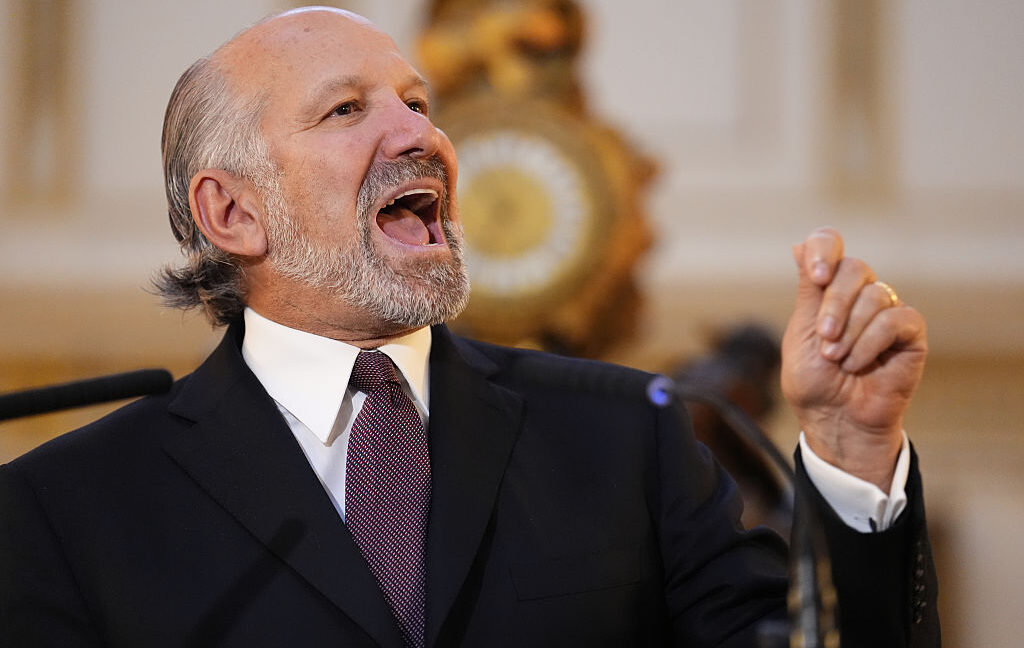“What’s natural for Taiwan is we produce 95 percent” and “we feel great about it,” Lutnick said, conceding that “you can imagine when someone has 95 percent, convincing them that they should only have 50 percent. That’s a lot” to lose.
But “Donald Trump would say it’s not healthy for you or healthy for us because we protect you, and for us to protect you,” then “you need to help us achieve… reasonable self-sufficiency,” Lutnick argued.
To close the deal with Taiwan, Lutnick suggested that the US would offer “some kind of security guarantee” so that “they can expect” that moving their supply chain into the US won’t eliminate Taiwan’s so-called “silicon shield,” where countries like the US are willing to protect Taiwan because “we need their silicon, their chips, so badly.”




Well, not quite. The US would still have a very good reason to concentrate attention in Taiwan. The issue for them is that it wouldn’t be in any of their interest. It would be purely to serve as a staging ground for anti-China excursions and operations. A logistics hub and military base.
As I’m sure you know but it’s worth stating explicitly: moving so much chip production from Taiwan to the US would also make the US much more inclined to actually make use of Taiwan militarily rather than just use it to posture Cold War style, because they have much less to fear from Taiwan being attacked and even overtaken by China.
Ahh yes that’s a fair assessment. In fact, ethnic han Chinese that are US-aligned are probably extremely valuable for the purposes of operations to disrupt China.